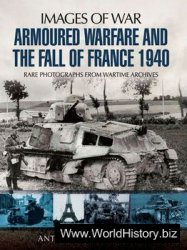1560-1648

It is convenient to think of European history in the period following 1560 as the age of the Wars of Religion, which may be said to have ended with the Peace of Westphalia in 1648. France, England, the Netherlands, and the Holy Roman Empire fell into internal and international struggles in which religion was often the most burning issue, but in which political, constitutional, economic, and social questions were also involved. The time of the long, drawn-out conflicts between Catholics and Protestants was also a time of economic renewal. From the beginning of the sixteenth century European society was transformed by contacts with a newly discovered overseas world, by expanded trade routes, an emergent capitalism, and the formation of new social classes.
This was the era in which the modem global economic system began to develop. The effects of these profound changes, however, were obscured and delayed by the politico-religious struggles. In the present chapter we must first examine the geographical discoveries, then survey the broad new economic and social developments under way, and finally trace the impact of the religious wars on various parts of Europe. The wars, as we shall see, left Spain and Germany very much weakened, and opened the way for the English, Dutch, and French to profit from the economic changes and play leading roles in the drama of early modern times.




 World History
World History









